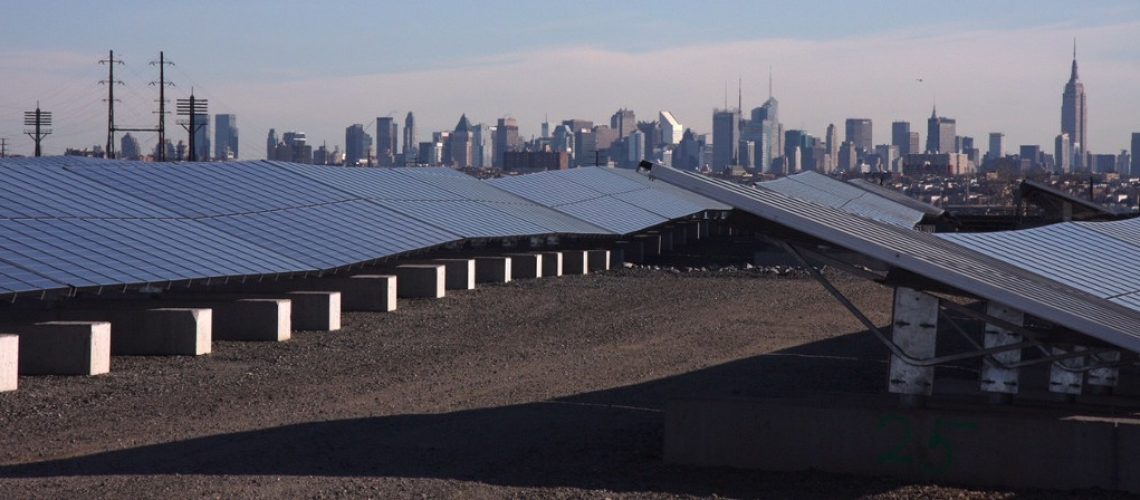The Internal Revenue Service (IRS) and Treasury Department announced additional guidance for determining what a qualified energy community is. Projects in energy communities can qualify for the production and investment tax credit bonuses available within the Inflation Reduction Act. Tax adders are offered for projects within designated communities that are expected to face challenges in the transition away from fossil fuels.
The three categories of energy communities include:
- Brownfield sites, which is a site that may have been polluted or been mining land.
- Certain metropolitan statistical areas (MSA) and non-metropolitan statistical areas based on unemployment rates.
- Coal communities, defined as a census tract, and any adjoining tracts, which have at any point after Dec. 31, 2009, had significant employment or local tax revenue related to the extraction, processing, transport, or storage of coal, oil, or natural gas.
The new guidance identifies 466 new counties as energy communities for the period January 2023 through late May 2024. Click here to see a list of the additional MSAs and non-MSAs that meet the Fossil Fuel Employment threshold, and here to see additional MSAs and non-MSAs that qualify as energy communities in 2023 by meeting the Fossil Fuel Employment threshold and the unemployment rate requirement for calendar year 2022. Note that the location of a project must be considered an energy community prior to the project becoming operational in order for it to qualify for the bonus tax credits.
The available tax credit is increased by an additional 10% if prevailing wage and apprenticeship requirements are met or 2% if those requirements are not met for projects over 1 MW. Privately owned residential projects do not qualify for the energy community bonus, but they do qualify if part of a commercial portfolio.
“We are very grateful for the clarity the Treasury Department provided today on an important provision that will help drive much-needed investment in disadvantaged communities,” said Ray Long, president and CEO of the American Council on Renewable Energy (ACORE). “These communities deserve greater access to the good-paying jobs, affordable electricity, and pollution-free skies that clean energy provides.”



